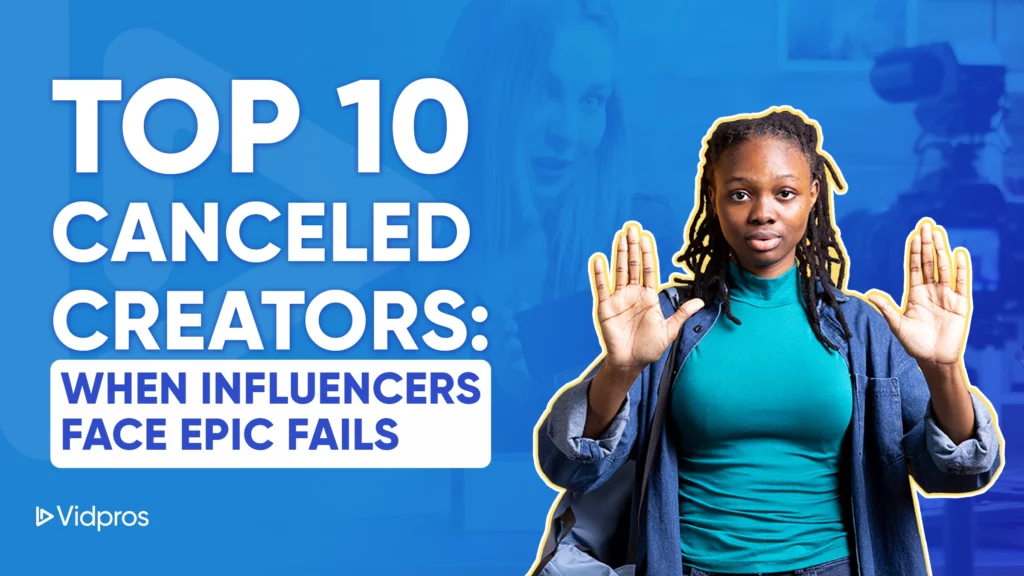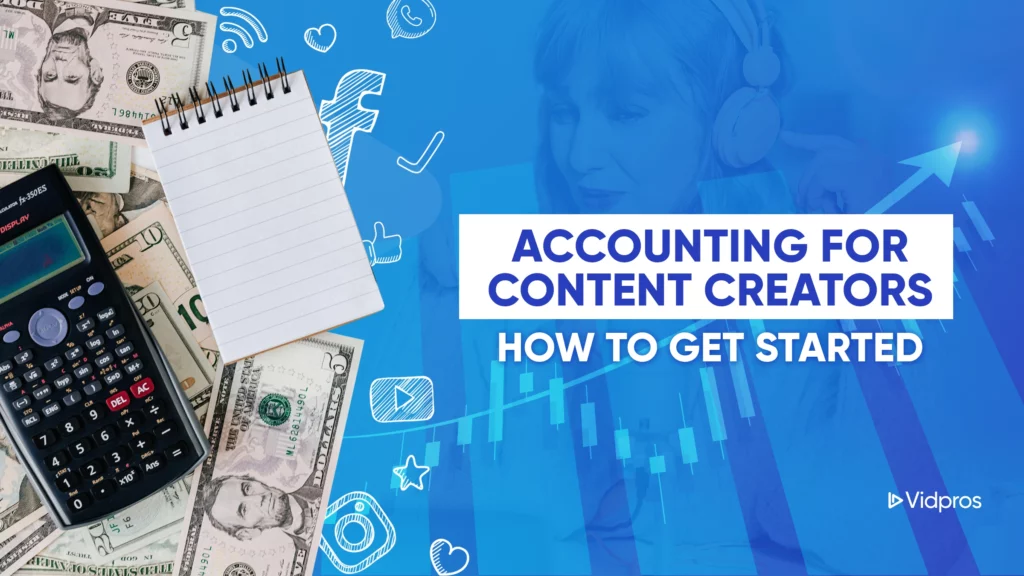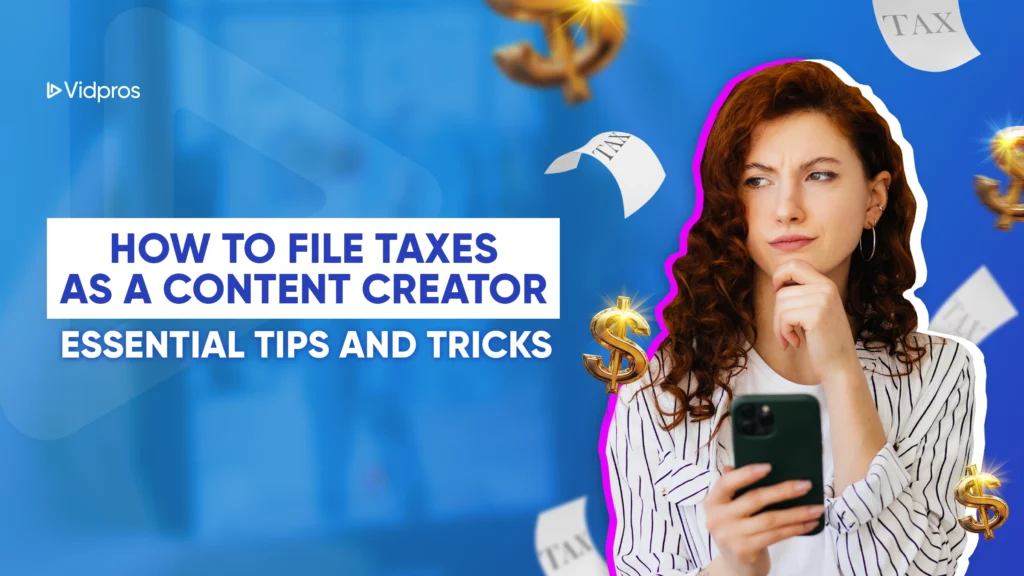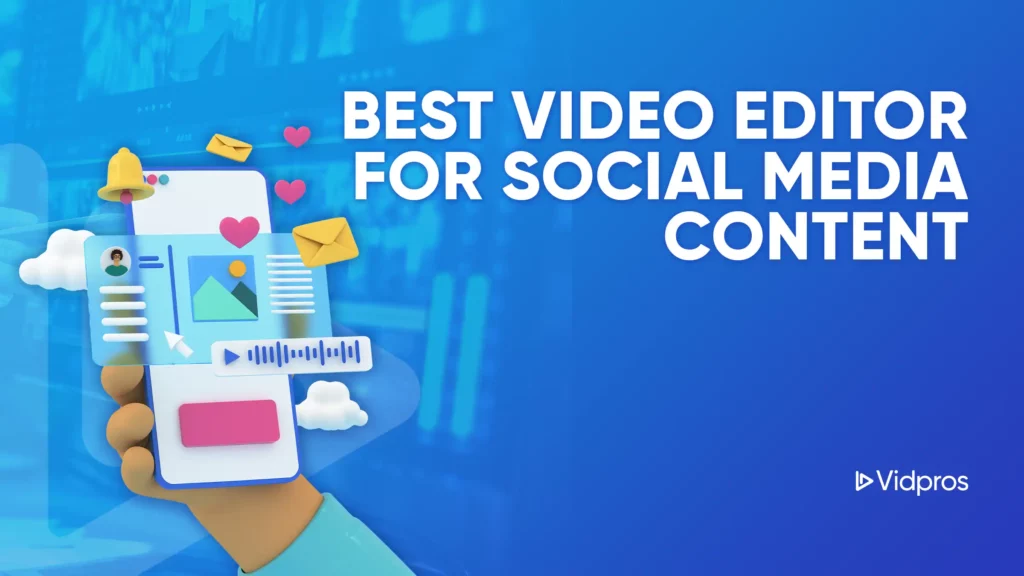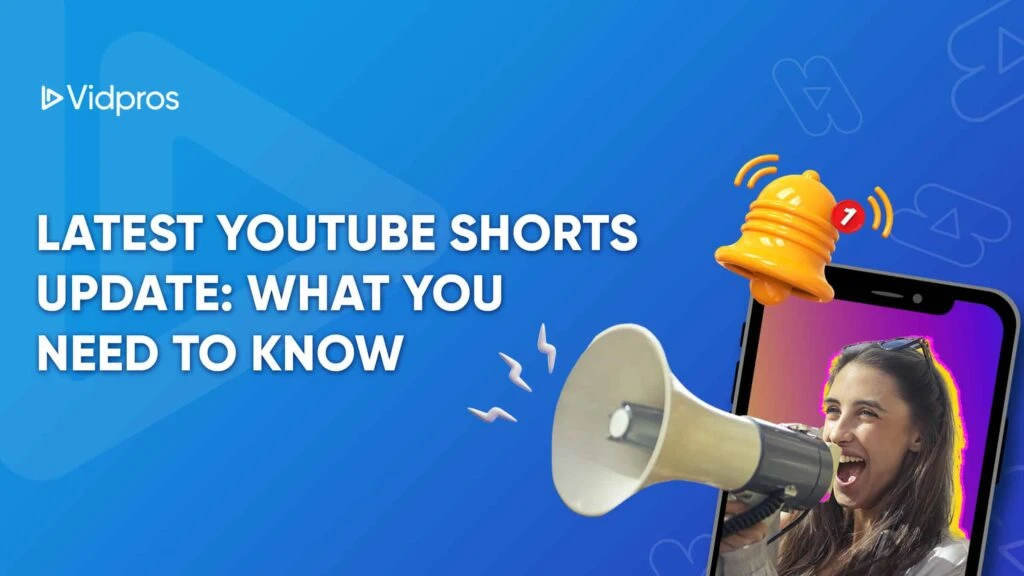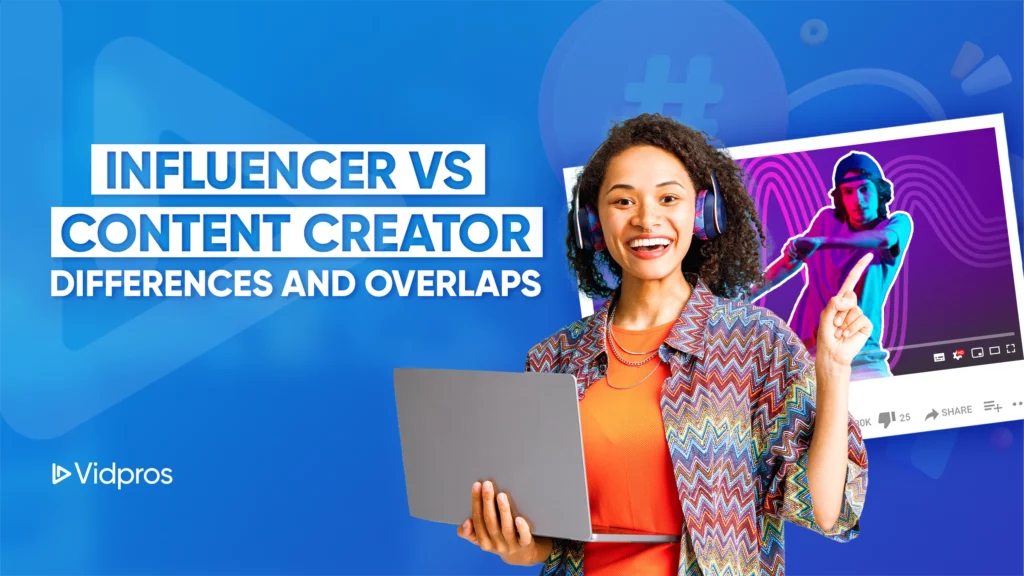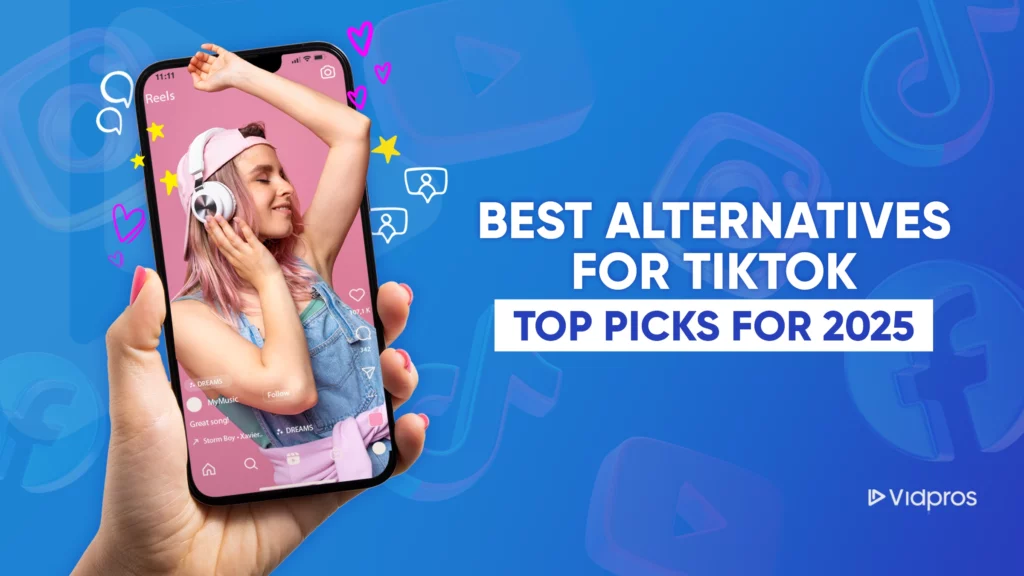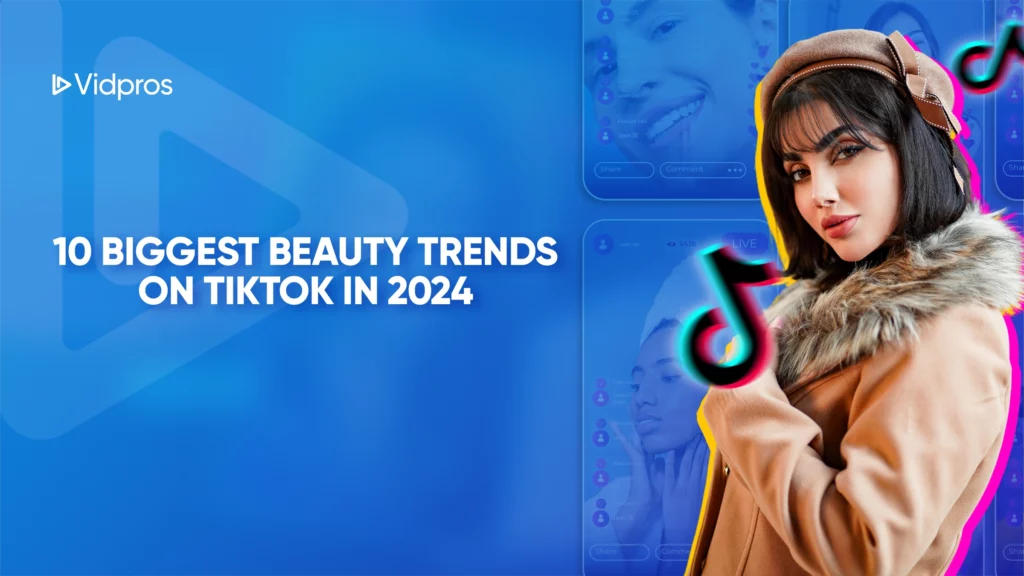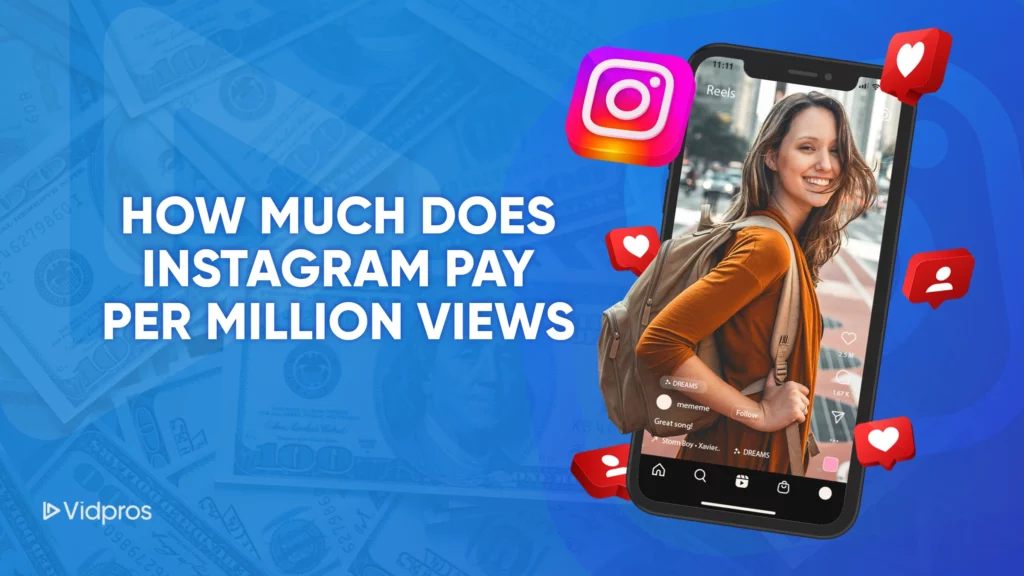Social media influencers—people with many followers who promote products online — have become a big deal in marketing in recent years. The industry is now worth over $16 billion, double what it was a few years ago.
Companies love using influencers because they work well. They get nearly $6 back for every $1 spent on influencer marketing. Some influencers, like Charli D’Amelio on TikTok, can make millions of dollars annually.
Why are influencers so popular?
Many people find them more relatable than traditional celebrities. When an influencer recommends something, their followers often trust their opinion.
But it’s not all good.
There are worries that influencers might promote unrealistic lifestyles, especially to younger followers. As influencer culture grows, how companies advertise and how we see products online is changing.
The phenomenon of “cancel culture”.
“Cancel culture” has become a big deal on social media lately. It’s when people stop supporting someone famous or a company because of something offensive they did or said.
This idea is familiar, but social media has made implementing it much easier and faster. Almost anyone can be “canceled”—celebrities, brands, or even regular people. It happens nearly every day. This raises questions about the effectiveness of cancel culture and its impact on free speech.
People have mixed feelings about canceling culture. It’s an excellent way to hold people accountable. Others see it as unfair punishment. It can damage someone’s reputation, sometimes for minor mistakes. The importance of open debate in this context cannot be overstated, as it allows for differing opinions and a broader understanding of the issues at hand.
To avoid being “canceled,” experts suggest being careful what you post online, considering situations, and quickly apologizing if you make a mistake.
This trend shows how social media can quickly change public opinion and impact people’s lives and careers, often through public shaming.
Why are influencers getting canceled?
Influencers, famous figures on social media, can sometimes face “cancellation” – a sudden loss of support from their fans. This downfall usually happens for three main reasons:
-
Offensive behavior or comments – When influencers say or do things that upset people, such as making racist, sexist, or mean comments, their followers may turn against them.
-
Personal controversies and scandals – Influencers can lose support due to their actions, like mistreating others or being involved in relationship scandals, such as being accused of being emotionally abusive.
-
Unethical practices – Some influencers lose trust by not being honest about paid promotions or tricking their fans in other ways. Allegations of sexual harassment can also severely impact their credibility and career.
When an influencer is “canceled,” they often face multiple consequences:
-
Loss of sponsorships and partnerships as companies refrain from associating with controversial figures.
-
Decline in followers, likes, and engagement on their posts.
-
Damage to their brand and reputation can be hard to recover from.
These factors can cause an influencer to lose their online influence and power. While some manage to bounce back after a while, the experience shows how risky and volatile an influencer’s career can be.
It highlights the importance of being careful and responsible with their actions and words, both online and in real life. The broader implications of influencer cancellations also touch on social justice, reflecting the current cultural climate influenced by the increasingly digital world we live in.
Top 10 Canceled Content Creators
1. PewDiePie (Felix Kjellberg)
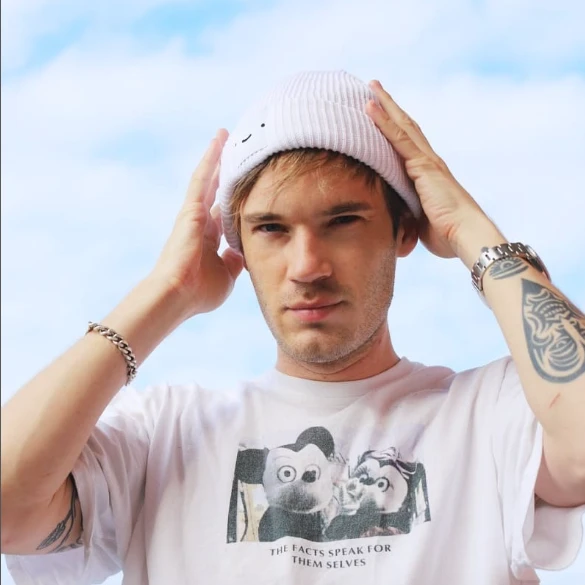
In 2017, YouTube star PewDiePie faced severe backlash for videos containing Nazi imagery and anti-Semitic jokes. The controversy quickly escalated after media coverage.
Immediate consequences:
-
Disney terminated their partnership with PewDiePie.
-
YouTube canceled his original series and reduced his advertising revenue.
Long-term impact: PewDiePie’s career has shown resilience despite the initial setback. While he’s faced subsequent controversies, he maintains a massive following with over 111 million subscribers.
This case demonstrates the volatile nature of influencer careers and their importance in content sensitivity. It also shows that some influencers can recover from significant controversies if they retain a loyal fan base.
2. Shane Dawson
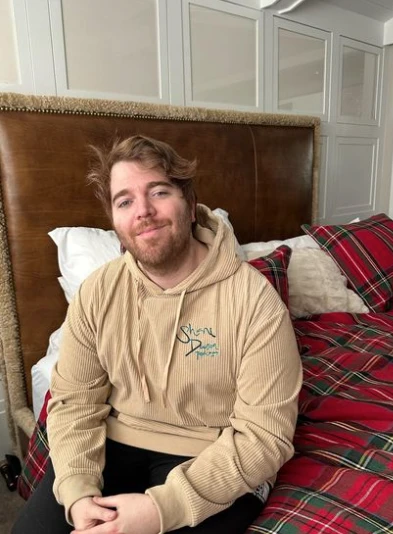
In 2020, Shane Dawson’s YouTube career imploded when old videos resurfaced, revealing:
-
Inappropriate behavior towards a young Willow Smith.
-
Use of racist language.
-
Jokes about animal abuse.
The backlash was severe:
• Loss of hundreds of thousands of subscribers.
• Termination of brand partnerships.
• Demonetization of his YouTube channels.
Aftermath:
• Dawson took a long hiatus from content creation.
• He attempted a comeback in 2022, collaborating with Jeffree Star.
• Despite efforts to apologize and change, Dawson remains a controversial figure.
This case highlights the lasting consequences of problematic content and the challenges of rebuilding a damaged reputation in the digital age.
3. Jeffree Star
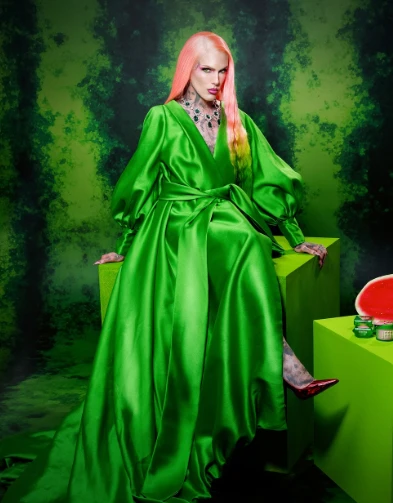
Key events leading to Jeffree Star’s cancellation:
-
Resurfacing of old racist content – Videos and images of Star making racist comments and misbehaving towards people of color came to light.
-
Accusations of bullying and manipulation – Former friends alleged that Star was mean and spread harmful rumors within the beauty community.
Consequences:
• Major retailer Morphe dropped his product line.
• Numerous companies and celebrities cut ties with Star.
• Significant loss of followers on social media platforms.
Despite these setbacks, Star continues to operate his makeup business, though with diminished influence. His collaboration with Shane Dawson in 2022 was met with mixed reactions, indicating lasting damage to his reputation.
This case highlights the long-term impact of past behavior on an influencer’s career and the importance of maintaining ethical standards in the public eye.
4. Rachel Hollis
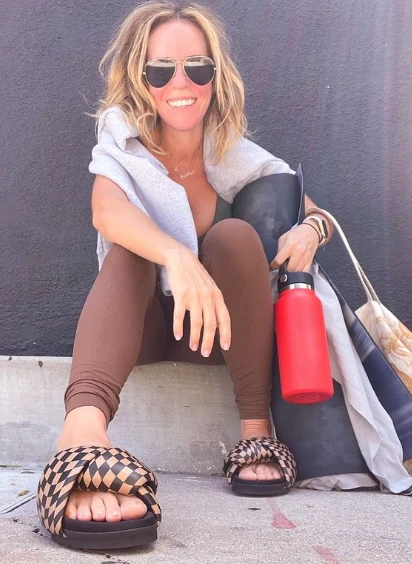
Rachel Hollis was a famous self-help author and lifestyle influencer. But in 2021, she got into big trouble because of things she said.
In a video she later deleted, Hollis compared herself to important historical figures like Harriet Tubman and Oprah Winfrey. She said these women were “unrelatable,” implying that she was on their level. It upset many people because it seemed disrespectful, especially to Harriet Tubman, who had escaped slavery and helped others do the same.
Hollis made things worse by casually referring to her housekeeper as “the woman who cleans the toilets.” It showed that she didn’t understand her privilege.
Her audience was furious about this. Hollis lost over 200,000 followers on Instagram. When she tried to say sorry, people felt it wasn’t sincere. They thought she was blaming others for the mistake.
This event showed a bigger problem in the self-help world. Specific individuals who are influencers and are of white ethnicity have faced allegations of using less privileged groups to boost their own public image and personal brand.
The backlash hurt Hollis’s career. She had to cancel events and lost business deals. She’s tried to come back since then, but many people still don’t trust her.
Hollis’s story teaches us how important it is for influencers to be careful and respectful in what they say. It shows that even trendy people can lose everything without sensitivity to others’ experiences.
5. Tati Westbrook
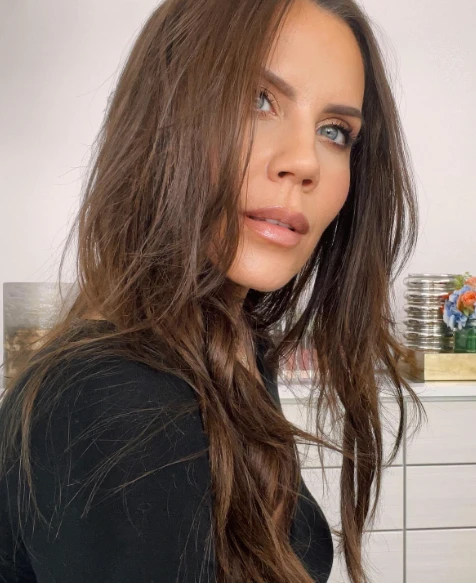
Tati Westbrook was a big name on YouTube in the beauty world. But in 2019, she got into a big fight with another famous beauty YouTuber, James Charles.
It all started when Tati made a long video called “BYE SISTER.” In this video, she said James had betrayed her by promoting a different brand of hair vitamins instead of her own. She also said some other not-so-nice things about James.
This video caused a lot of drama. James tried to defend himself, but many people initially sided with Tati. Another famous beauty YouTuber, Jeffree Star, also got involved, making things even messier.
After all this happened, Tati gained millions of new followers. But she also decided to stop making videos for a while. She said she needed time to heal and clear things up.
A year later, in 2020, Tati made another video explaining her side of the story. She said she felt hurt and betrayed but wanted everyone to move on from the drama.
This big fight affected Tati’s business and how people saw her. Even though her beauty brand, Halo Beauty, is still running, the drama changed things for her.
Today, Tati is still part of the beauty community, but she’s not as big as she used to be. She still uses social media but makes fewer videos than before.
Tati’s story shows how quickly things can change for people who are famous on the internet. It also teaches us that big public arguments can have severe consequences for everyone involved.
6. Milo Yiannopoulos
Milo Yiannopoulos was once a well-known figure in far-right politics. He was famous for saying shocking things and criticizing many groups of people. But in 2017, he said something that went too far, even for his supporters.
In some videos, Yiannopoulos seemed okay with relationships between young boys and older men. He even said these relationships could be good. It upset many people, including those who had supported him before.
Yiannopoulos was removed immediately from a prominent conservative conference due to his remarks. He also had to quit his job at a right-wing news website called Breitbart.
Before this, Yiannopoulos was becoming increasingly famous for his controversial opinions. But his comments about young boys and older men changed everything. Even people who had liked him before now wanted nothing to do with him.
After this, Yiannopoulos tried to start his own media company, but it didn’t work out. He lost speaking jobs and book deals. Very quickly, he went from being a big name in politics to someone most people didn’t want to be associated with.
Today, Yiannopoulos is less well-known than he used to be. He sometimes posts things on social media, but not many people pay attention to him anymore.
Yiannopoulos’s story shows how quickly someone can lose everything if they say something that crosses a line. It reminds us that even controversial public figures must be careful about what they say, especially regarding sensitive topics like children.
7. Nessa Barrett
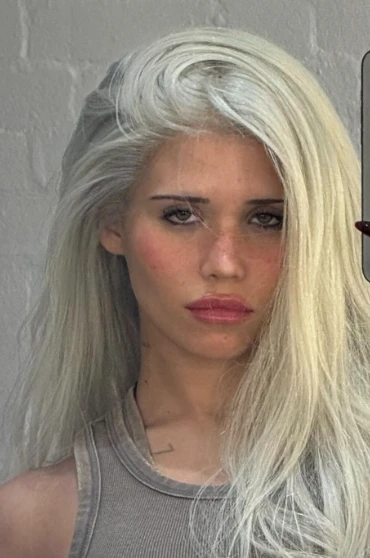
Nessa Barrett is a famous young person on TikTok and Instagram. In 2022, she got into trouble because of a video she made.
In this video, Barrett was dancing to a song that used words from the Quran, a holy book for Muslims. It upset many people, especially Muslims, who felt it was disrespectful to use their sacred text in a dance video.
It became worse because Barrett isn’t Muslim herself. Some people thought she was using something important to Muslims without understanding or respecting it.
After many people got angry, Barrett quickly removed the video and apologized. She wrote a long message explaining that she didn’t mean to be disrespectful. She said she should have been more careful and learned more before using the Quran in her video.
Some people accepted her apology and were glad she understood what she did wrong. But others were still upset and didn’t think her apology was enough.
Since this happened, Barrett has posted less online. She is taking time to learn from her mistakes and consider how to be more respectful in the future.
This story shows why it’s essential for people who are famous on the internet to be careful about what they post. It reminds us that we should try to understand and respect other people’s beliefs and cultures, especially when many followers watch what we do.
8. Jared Fogle
Criminal Actions
• In 2015, Fogle was arrested for possession of child pornography and attempting to engage in sexual activities with minors.
• He pleaded guilty to these charges.
Consequences
1. Legal:
• Sentenced to over 15 years in federal prison
2. Professional:
• Subway immediately severed all ties with Fogle.
• Removed from all Subway advertising and promotional materials.
3. Reputation:
• Fogle’s public image was destroyed.
• He became a symbol of disgrace and criminal behavior.
This case demonstrates the severe consequences of criminal actions for public figures and the importance of swift action by associated brands to distance themselves from such individuals.
9. Sondos Alqattan
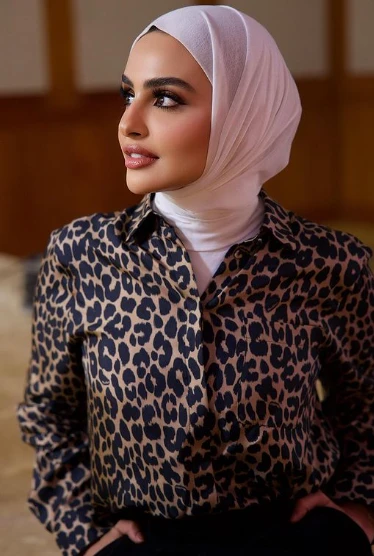
Sondos Alqattan, a social media star from Kuwait, got into big trouble in 2018 for her comments about Filipino workers in her country.
Alqattan made a video in which she complained about a new law that gave Filipino workers in Kuwait more rights. The law said these workers could keep their passports and have one day off each week. Alqattan didn’t like this and said it was causing problems.
Many people were agitated by Alqattan’s statements. They thought she was mean to workers who often lack many rights and that she was making it okay for workers to be treated badly.
Because of what she said, Alqattan lost a lot. Big companies like Max Factor and L’Oreal stopped working with her. They didn’t want to be linked to someone who made those remarks. Many people also stopped following her on social media.
After this happened, Alqattan didn’t appear much in public. She still uses social media, but fewer people pay attention to her now. Because of what she said, she probably lost money and job opportunities.
This story shows how important it is to be careful about what you say, especially if you’re famous. It also reminds us that many workers in some countries still don’t have fundamental rights that must be fixed.
10. Mamamax
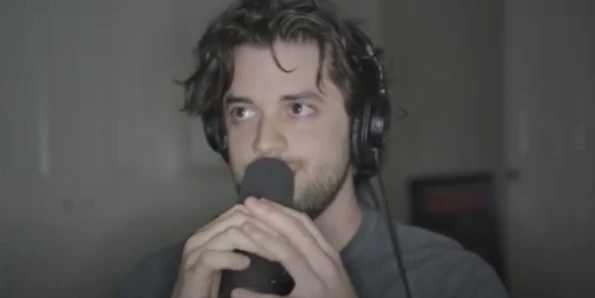
The Mamamax channel, which documents a family’s daily life, has sparked controversy over the ethics of family vlogging. Critics argue that Max, the father, is exploiting his children for fame and profit, raising concerns about the long-term psychological impact on the kids who are too young to consent to their lives being broadcast online.
This case has ignited a broader debate about family vlogging. Key issues include:
-
The potential exploitation of children for financial gain.
-
The lack of consent from minors featured in videos.
-
The blurring of boundaries between private family life and public entertainment.
Despite the controversy, Mamamax maintains a large following. However, there are increasing calls for platforms like YouTube to implement stricter regulations to protect children in family vlogs.
This situation highlights the complex ethical challenges of creating online content involving children. It emphasizes the need to prioritize children’s well-being over financial interests in the growing field of family vlogging.
The trouble with influencers as public figures.
Being an influencer might seem fun, but it has some real problems. Let’s look at three main issues:
There’s always a lot of pressure to look perfect.
Influencers feel they need to show only the best parts of their lives, which can make them feel stressed and unhappy. This pressure is intensified by call-out culture, where any perceived mistake can lead to public backlash and demands for boycotts.
It takes a lot of work for influencers to separate their personal and work lives.
Their job is to share their life with followers, so having no privacy is tough. It can make them feel like they’re always at work and never get to relax. The behavior of influencers can also significantly impact marginalized people, as social media amplifies their voices and brings attention to issues like racial injustices and police brutality.
Having lots of followers means influencers have a big responsibility.
Many people listen to what they say and do. If they are careful, they might share something that could be better for their followers. This can get them in trouble and make people stop trusting them.
These problems show that being an influencer is more challenging than it looks. Influencers must take care of themselves, set limits on what they share, and be careful about what they tell their followers. As influencer marketing keeps changing, dealing with these issues will be crucial to ensure that it stays a good way for companies to advertise.
Platform Responses
Social media platforms are working hard to deal with influencers who misbehave. They’re doing this in a few critical ways:
They’re making stricter rules and enforcing them better.
Big platforms like Facebook, Instagram, Twitter, and TikTok now have more explicit guidelines about what influencers can and can’t do. They’re using people and computers to find and remove posts breaking these rules.
They’re taking away money and limiting accounts.
If influencers break the rules, the platform might stop them from making money from their posts. In terrible cases, they might even ban the influencer completely.
They’re trying to make things more open and honest.
They’re making influencers clearly say when they’re being paid to post about something. They’re also trying to clarify how they decide what posts to remove. According to The Washington Post, these measures are part of a broader effort to address criticism and controversies surrounding influencer content.
The main goal is to make social media a better place for everyone, not just for influencers. They want to protect users from harmful content. However, it’s still hard to catch every bad post, especially when there are so many influencers posting constantly.
These changes show that social media companies are taking the problems with influencers seriously. They’re trying to ensure influencers use their power responsibly and not harm their followers.
Are influencers going away?
Influencers are not going away. They’re still important for marketing, but things are changing in how they work. Sometimes, public denouncement of powerful individuals can have the opposite effect, increasing their popularity or support.
Let’s look at two main ways this is happening:
Influencer marketing is changing.
It used to be all about big stars with lots of followers. Now, companies are more interested in working with smaller influencers with fewer followers but closer to their fans. These influencers often seem more real and trustworthy. Companies are also trying to work with influencers for extended periods, not just for one post. There are also new rules about being clear when a post is an advertisement.
There’s a rise in micro-influencers and authentic content.
Micro-influencers are people with fewer followers, usually between 10,000 and 100,000. Some even have less than 10,000 followers. These influencers often have fans who care about what they say. They can talk to their followers more personally, which makes people trust them more. Companies like working with these smaller influencers because their posts feel more accurate and less like regular ads.
Some influencers are embracing traditional values in response to criticism and controversy. This content genre promotes conservative Christian values, feminine modesty, homemaking, and adherence to the gender binary, appealing to followers who identify with these values.
So, while things are changing, influencers are still important. As long as people want advice from people they trust, influencers will continue to play a big role in how companies advertise their products.
Lessons Learned
The ups and downs of influencers have taught important lessons to everyone involved. Let’s look at what influencers, their followers, and companies can learn:
For influencers – to be accurate and responsible.
They must be honest about who they are and what they’re promoting. They should use their power to do good things, not harmful ones. Being trustworthy is vital to lasting success. Even those who do good stuff have flaws, highlighting the complexities of influencer behavior.
For people who follow influencers – to think carefully about what they see.
Not everything an influencer shows or says is accurate or true. Knowing when an influencer is being paid to talk about something is important. Followers should look for different opinions and check facts, not just believe everything an influencer says. Harper’s letter serves as a critique of “cancel culture”, reflecting the growing awareness that people are not willing to accept things they used to.
For companies that work with influencers – to be very careful about who they choose.
They should look closely at an influencer’s past actions and make sure the influencer shares their values. It’s not just about how many followers an influencer has. Companies should also have clear rules for influencers to follow to ensure they act reasonably.
By learning from these lessons, everyone can help make influencer marketing better and more trustworthy. It will benefit the influencers, the companies they work with, and those who follow them.
Capping Off
As we’ve seen, influencer culture is continuously evolving. The rise of micro-influencers, increased platform regulation, and growing audience awareness are reshaping the industry. Accountability will be crucial in the digital age. Both influencers and platforms must adapt to maintain trust and relevance.
As this powerful field continues to change, it will be essential for all parties – influencers, followers, brands, and platforms – to stay informed and act responsibly.

